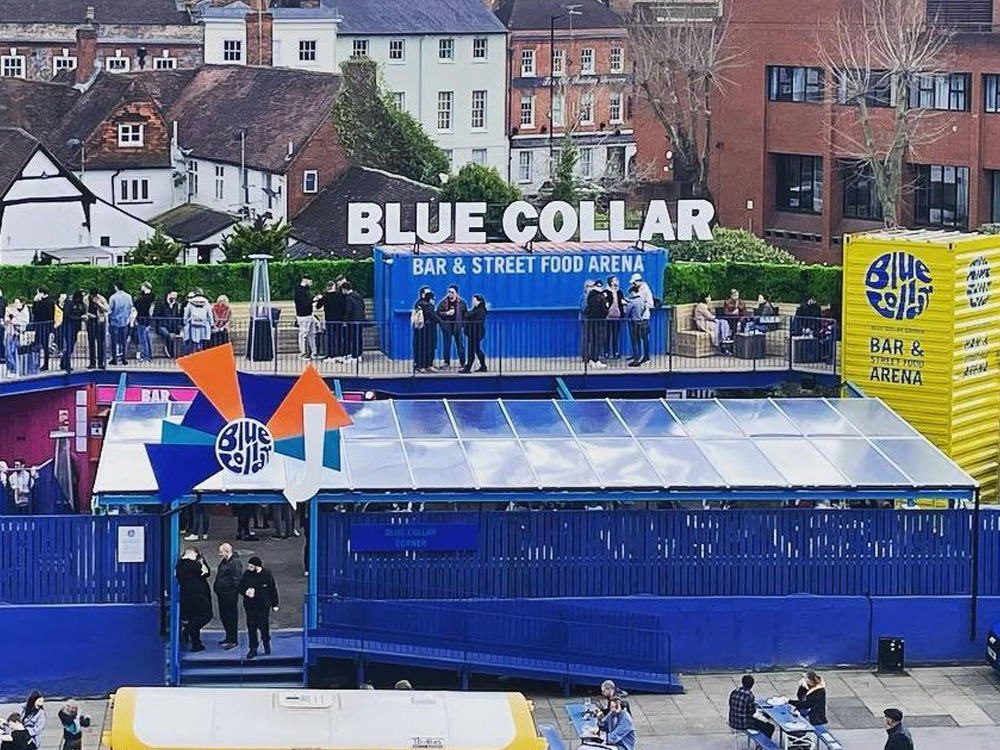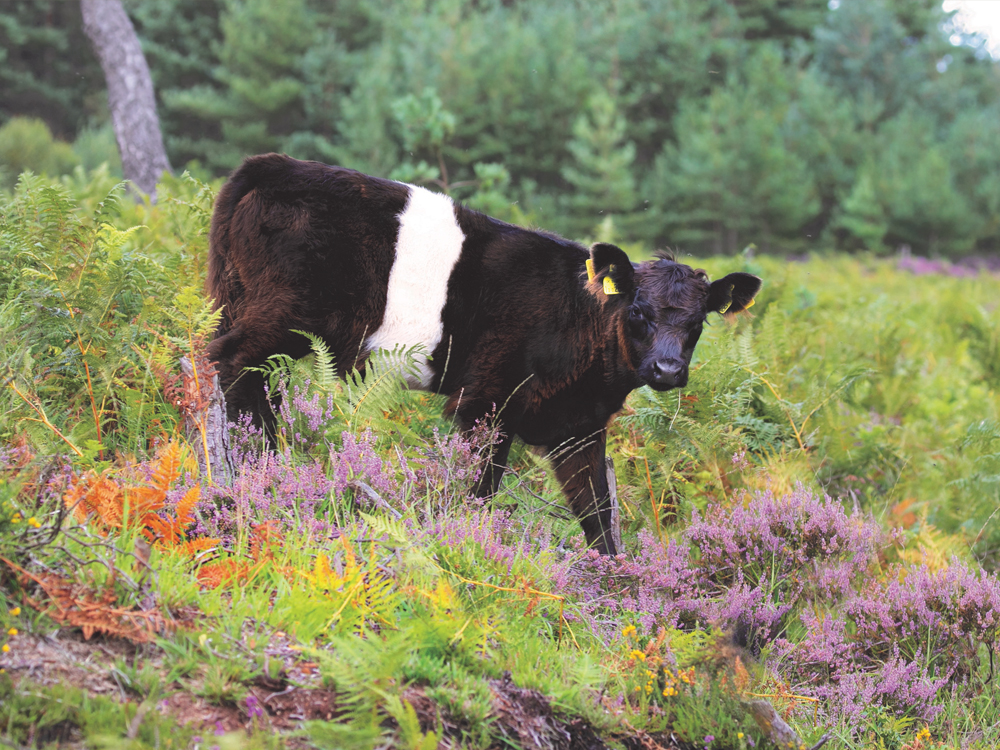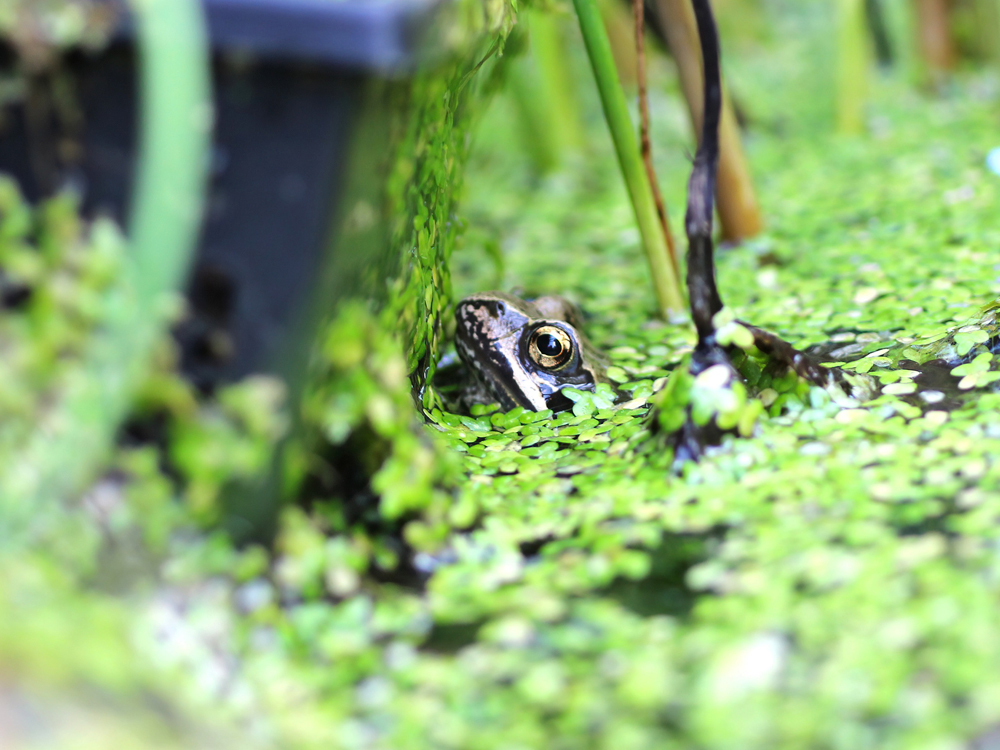Community & Charity
TOP STORIES

April events at Blue Collar Corner
Make a date for British Street Food Awards, Mark Bowen of Reading FC & a Sunday acoustic session.

Conservationist cows to arrive in Camberley
Public access areas of Barossa nature reserve in Camberley will play host to a special band of black-and-white visitors.

BBOWT Nature Photography Competition 2023
New categories and super prizes are on offer for 2023 in competition open to all aged over six.

World Autism Awareness Day
As Autism Liaison Co-Ordinator for Dogs for Autism, Lola Bellarosa-Homer is often the first point of contact for the families the charity helps.

Oxfordshire High Sheriff Young Engineer Awards
State schools invited to nominate next generation of budding engineers.

Can you help save the Dormouse?
One of Surrey’s most-loved but rarely-seen residents – the Hazel Dormouse – is the focus of a major new conservation and habitat creation campaign led by Surrey Wildlife Trust.

Adopt a grandparent and help out
The independent charity Adopt a Grandparents works to pair elderly care home residents with volunteers worldwide to combat loneliness and isolation.

Join One Planet Abingdon celebrations
Day of activities: talks, toasting and tasting, tree planting, bike repairs, and celebration cupcakes on March 18th.

RHS wildlife show stoppers
A nature-friendly garden will be premiered by The Wildlife Trusts at this year’s RHS Malvern Spring Festival.
No posts found
No posts found
No posts found
No posts found

ABOUT US
Over the Years

2025
Round & About now have 31 editions reaching over 620,000 homes each month
22 employees, and over 600 businesses advertising each month
2019
The team won gold for Commercial Team of the Year and Regional Media Brand of the Year
at the British Media Awards 2019
2016
Round & About held
the first of two SO
Food Festivals
in Wallingford in September




